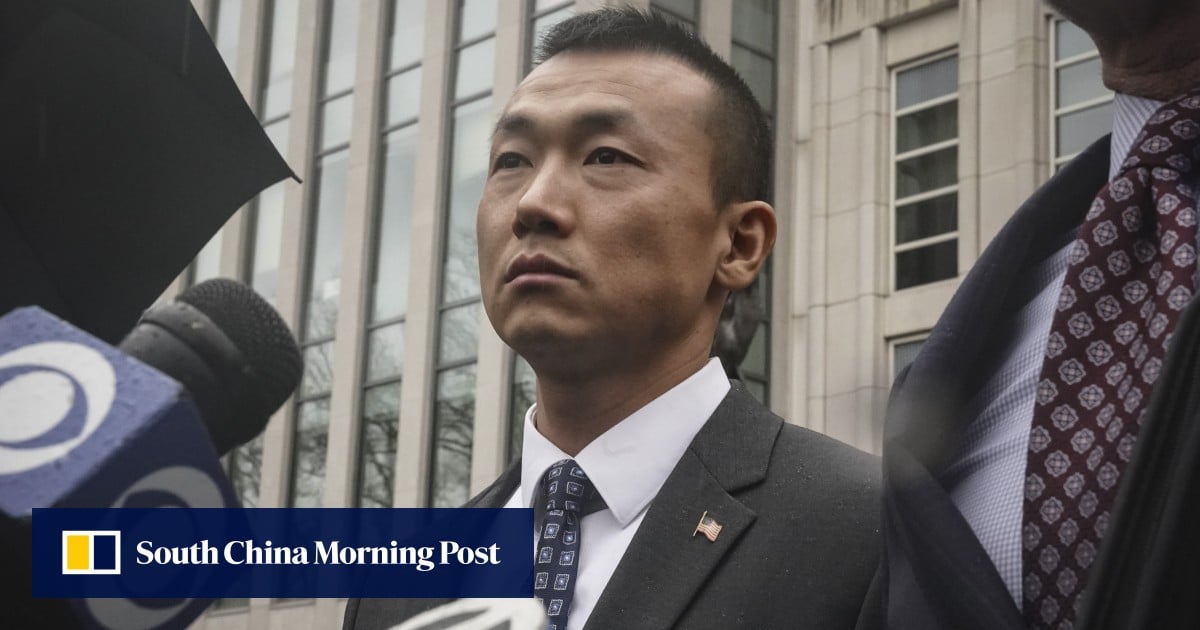

Carman said the application to dismiss was “without prejudice”, meaning that prosecutors could reopen the case in the future if new evidence is uncovered. He also said that Angway might “seek some kind of redress against the government for all the suffering that’s occurred”.
After the charges were brought, Angwang spent about six months in custody before being released on bail. He has been suspended with pay from the New York Police Department; the department declined to comment on Thursday about whether he would be reinstated.
Angwang, 36, was born in Tibet, an autonomous region in China, and granted asylum in the US after saying he had been arrested and tortured by the Chinese government due partly to his ethnicity. Documents from his defence noted that he was beaten by Chinese police for “openly expressing his views about the Chinese government’s oppression of Tibetans”.
Beijing considers Tibet a long-standing Chinese territory, but many Tibetans call for independence, arguing that their homeland was illegally annexed in 1951.
According to court filings, Angwang joined the US Marine Corps in 2009 and spent seven months in Afghanistan. He joined the US Army Reserve after he was honourably discharged from the Marines in 2014. He became a US citizen in 2010.
Carman said he had been dishonourably discharged from the Army Reserve in 2021, after the charges were filed.
The criminal complaint from September 2020 alleged that Angwang, acting at the “direction and control” of Chinese government officials, reported on the activities of ethnic Tibetans in New York, assessed potential ethnic Tibetan intelligence sources and used his position as a police officer to give the Chinese consulate in New York access to senior people within the New York City Police Department.
He was accused of having frequent contact with a consulate official assigned to the United Front Work Department, a Chinese Communist Party organ tasked with strengthening adherence to the party within and outside China. The prosecution argued – citing wiretapped conversations – that Angwang referred to the official as “boss”, but the defence noted that the term is often not used literally in Chinese.
Angwang’s lawyer also argued that he conveyed “no information of value” to the official and that his interactions were meant to establish good relations so that he could secure a visa to visit family members who still live in China. In a court filing, the defence noted that the Chinese official in question was in charge of vetting Tibetans who filed applications at the New York consulate.
The resolution of the case comes as members of the Tibetan, Hong Kong and Chinese diaspora are expressing concern that they are being surveilled by agents of the Chinese government, as well as amid growing attention on racial profiling of people of Asian descent by the US judiciary system.
The International Campaign for a Free Tibet, an NGO advocating for Tibetan rights, said the dismissal of the charges against Angwang did “not mean that the Chinese government is not undertaking activities to monitor Tibetans in the diaspora”.


